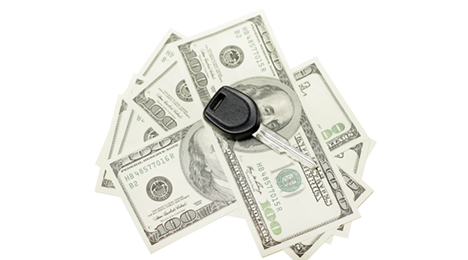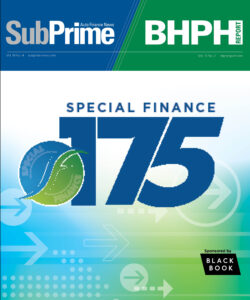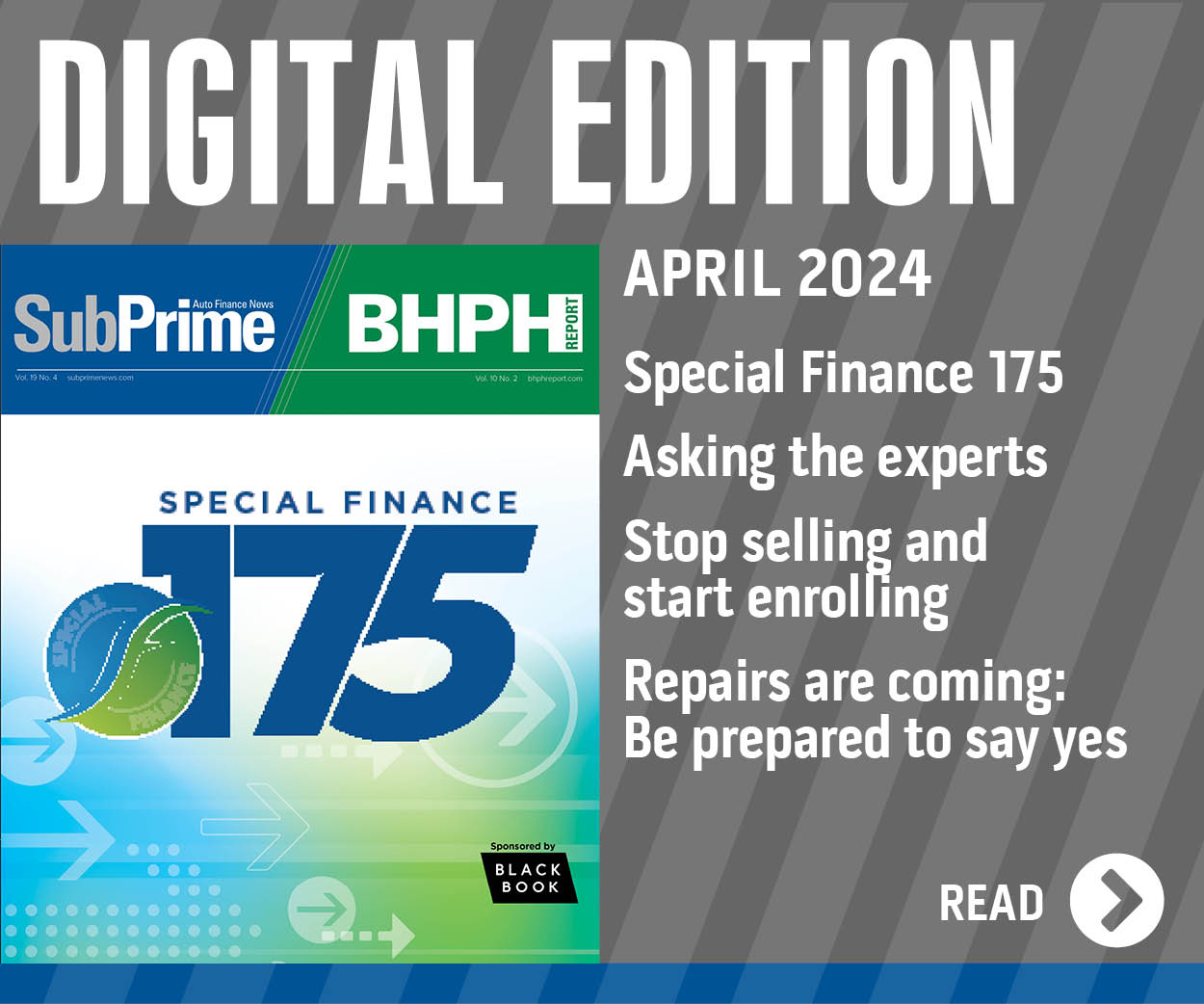Did Honda’s consent order produce a ‘golden goose?’

While much of the industry is somewhat gnashing its collective teeth over the consent agreement American Honda Finance Corp. reached with federal regulators, Arent Fox senior automotive counsel Rob Cohen used descriptors such as “silver lining” and “golden goose” when analyzing the ramifications of the captive’s move with the Consumer Financial Protection Bureau and Department of Justice.
Cohen explained in a message to SubPrime Auto Finance News that American Honda Finance could have leveraged findings from the Charles River Associates study orchestrated by the American Financial Services Association. Cohen pointed out that analysis showed dealer participation disparities among minority borrowers are based upon “deeply flawed” data.
So where does the “silver lining” and “golden goose” come into play? With this consent order, Cohen said the CFPB demonstrates a lack of understanding of the indirect financing model.
“By limiting the amount of dealer participation, the CFPB has neither eliminated discretionary pricing nor has it taken any action that will result in lower finance rates to consumers,” he said. “Under this consent order, AHFC is free to charge higher wholesale finance rates to dealers and still remain competitive with other auto finance companies that have no restrictions on their compensation models.
“What remains to be seen is whether AHFC will provide additional ‘non-discretionary’ compensation to make up for the reduced retail margin,” Cohen added.
According to regulators, Honda will reduce dealer discretion to mark-up the interest rate to only 1.25 percent above the buy rate for contracts with terms of 5 years or less, and 1 percent for auto loans with longer terms. Honda also has the option under the order to move to non-discretionary dealer compensation.
“The bureau did not assess penalties against Honda because of Honda’s responsible conduct, namely the proactive steps the company is taking that directly address the fair lending risk of discretionary pricing and compensation systems by substantially reducing or eliminating that discretion altogether,” said CFPB officials, which also ordered the captive to pay $24 million in restitution to affected borrowers.
Kelley Blue Book senior analyst Karl Brauer suspects the consent order will sharpen regulators’ focus even more.
“A decision like this will lead to closer scrutiny of the dealerships’ financing practices by Honda, though it’s difficult for Honda to monitor every finance deal at every one of its dealers,” Brauer said in a message to SubPrime Auto Finance News. “It’s unfortunate Honda has to pay the fine when the dealers are the primary entity in how these loans are structured.
“Honda’s choice was to pay the fine or fight the charges, and given the negative publicity a case like this will generate, they probably see the fine as the most efficient solution,” he continued.
Publicity is an area also mentioned by Edmunds.com president Seth Berkowitz, whose site works with about 500 Honda dealerships. Berkowitz explained long-term ramifications depend on which “narrative is on the ascendancy,” meaning will it be the one from the CFPB and DOJ or industry associations.
“There’s nobody in the United States that would be excited about unfair lending practices or could defend that in any way,” Berkowitz said during a phone interview this week. That’s on the one hand.
“But the other question is, is the type of CFPB imposed settlement going to have much broader impacts than the narrow effort to deal with unfair lending practices,” he continued. “The industry claim is that these caps are going to impact people’s ability to garner discounted financing. To the extent that narrative prevails, then I think people will look at this as perhaps the government ultimately impacting their ability to secure cheaper or better financing.
“It will be interesting over the coming weeks which narrative prevails because I think everyone is interested in cheap and fair financing,” Berkowitz went on to say.
No matter, Honda dealerships are going to be impact since their captive permitted stores to mark-up consumers’ interest rates as much as 2.25 percent for contracts with terms of five years or less, and 2 percent for contracts with longer terms.
“Dealers have increasingly leveraged F&I as a source of profit over the last few decades because of reduced margins on new-car pricing,” Brauer said.
“F&I is more important now than ever before in contributing to a dealership's bottom line, and given the growing length and size of car loans in today’s market, there’s an unprecedented amount of money flowing through these departments,” he went on to say.
And from Berkowitz’s view, don’t expect a parade of captives implementing changes unless regulators force the modifications.
“Stemming from the industry reactions, it would seem unlikely that the captive finance arms would voluntarily impose upon themselves what was worked through in the settlement with Honda,” Berkowitz said.
Brauer closed the discussion with one more thought.
“All finance companies have to follow equal lending laws or risk being investigated and fined,” he said. “Unfortunately, while most companies follow best practices for equal lending, there’s always a percentage trying to generate extra profit through unscrupulous policies.”

 View The Latest Edition
View The Latest Edition

